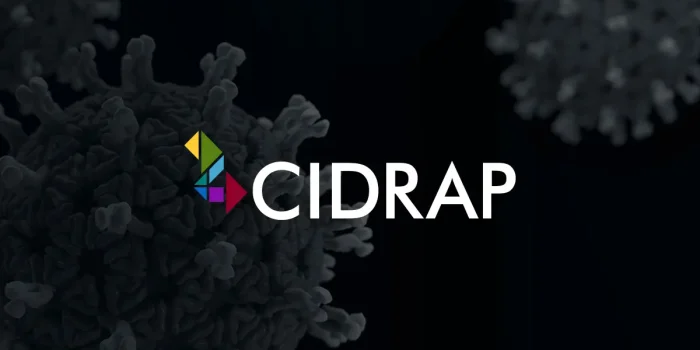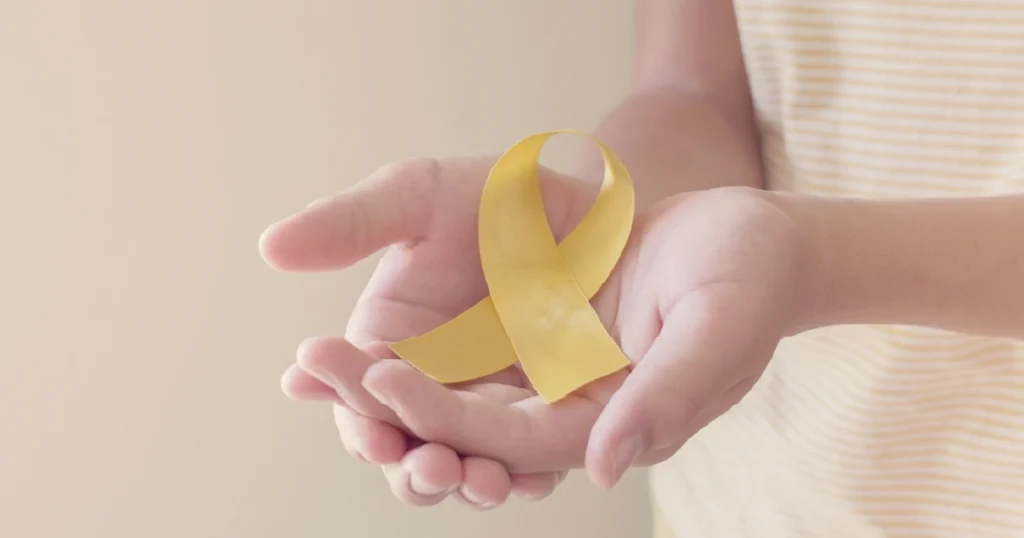The Department of Health and Human Services (HHS) has reinstated a long-dormant federal panel created by Congress to oversee the safety and quality of children’s vaccines.
In a press release yesterday, HHS said the Task Force on Safer Childhood Vaccines will work with the Advisory Commission on Childhood Vaccine to makes recommendations aimed at developing, promoting, and refining childhood vaccines that result in fewer and less severe adverse reactions than current vaccines. The group will also look at ways to support vaccine safety research and improve adverse reaction reporting.
“By reinstating this Task Force, we are reaffirming our commitment to rigorous science, continuous improvement, and the trust of American families,” said National Institutes of Health (NIH) Director Jay Bhattacharya, who will serve as chairman of the group. “NIH is proud to lead this effort to advance vaccine safety and support innovation that protects children without compromise.”
The task force was originally created by Congress under the National Childhood Vaccine Injury Act of 1986, but was disbanded in 1998. HHS said the group, which will also include representatives from the Centers for Disease Control and Prevention (CDC) and the Food and Drug Administration, will send its first report to Congress within 2 years.
More scrutiny for childhood vaccines
The move is the latest by HHS Secretary Robert F. Kennedy Jr. to put the vaccines recommended for US children under new scrutiny.
In its June meeting, the newly reconstituted CDC Advisory Committee on Immunization Practices, which includes seven members hand-picked by Kennedy, announced the formation of a new working group that would look at the cumulative effects of vaccines on the CDC’s recommended schedule for children and adolescents. Another group will examine hepatitis B vaccination at birth and use of the combined measles, mumps, rubella, and varicella (MMRV) vaccine in kids under 5.
Anti-vaccine groups have long questioned the safety of routine childhood vaccines, such as the MMR vaccine. They’ve also promoted the idea that US children get too many vaccines too soon and that the cumulative effects have not been properly studied.
In May, Children’s Health Defense, an anti-vaccine group founded by Kennedy, funded a lawsuit against Kennedy that alleged he was violating the National Childhood Vaccine Injury Act of 1986 by failing to reinstate the task force.
Duplication for political purposes?
Some medical experts say that while finding ways to improve vaccine safety is a laudable goal, the task force could be end up undermining confidence in routine childhood vaccines.
“I’m strongly in favor of optimizing vaccine safety systems, and I’m strongly in favor of investing in safety research,” said Jake Scott, MD, an infectious disease physician and clinical associate professor at Stanford University. “The question is whether this task force strengthens our already robust systems or duplicates them for political purposes.”
Scott, who’s also involved with the Vaccine Integrity Project at the University of Minnesota’s Center for Infectious Disease Research and Policy (CIDRAP), said that if the task force delivers better data integration, faster signal detection for adverse events, and clearer communications about vaccine benefits and risks to parents, that would be a positive outcome. But he doesn’t want to “relitigate settled science.”
The question is whether this task force strengthens our already robust systems or duplicates them for political purposes.
“There’s always room for improvement,” he said. “But if this becomes about validating pre-determined conclusions rather than following evidence, I think it will undermine the very trust that it claims to build.”
Note: CIDRAP News is not involved with the Vaccine Integrity Project.













